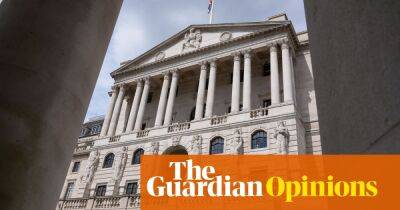Inflation poses a 'clear and present danger,' says Manchin: Economists weigh in on how it can hurt and help consumers
Inflation hit a new 40-year high in June, and policymakers are working feverishly to tame it — perhaps even risking recession to do so.
Jerome Powell, chair of the Federal Reserve, said in June that price stability is «the bedrock of the economy.» The central bank is raising borrowing costs aggressively to tamp down on consumer demand and put a lid on rising prices.
«The worst mistake we could make would be to fail, which — it's not an option,» Powell said.
More from Personal Finance:Why inflation is less likely to hurt some retireesSocial Security cost-of-living adjustment could be 10.5% in 2023Workers may see biggest raises since Great Recession next year
Sen. Joe Manchin, a centrist Democrat from West Virginia, said Wednesday that inflation «poses a clear and present danger to our economy.»
But while the specter of persistently high inflation can be scary for policymakers and consumers, experts point out that, in certain circumstances, some consumers stand to benefit from inflation. More broadly, some inflation is actually a good thing for the economy. Let's look at how the issue breaks down, with a focus on consumer impact.
Among the major concerns about persistently high inflation is a decline in Americans' standard of living.
Inflation measures how fast prices for goods and services such as gasoline, food, clothing, rent, travel and health care are increasing. The Consumer Price Index, which measures changes in price for a broad basket of items, jumped 9.1% in June versus a year earlier, the highest annual rise since November 1981.
Those prices don't exist in a vacuum, however. Household income may rise, too, courtesy of pay raises for workers and cost-of-living adjustments for pensioners, for example.
In theory,
Read more on cnbc.com





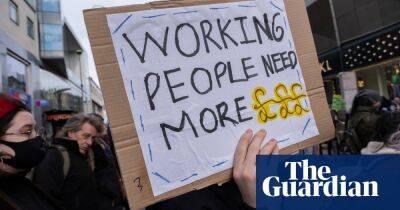

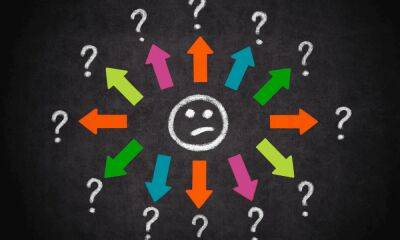
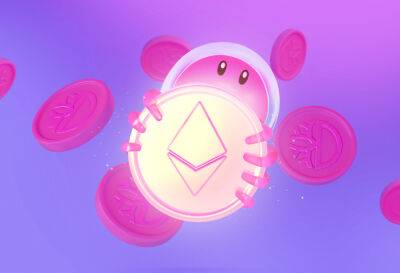





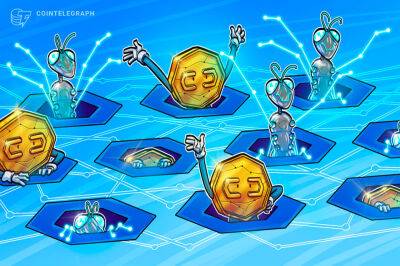
![Can Avalanche [AVAX] buyers capitalize on this volatile bullish move - ambcrypto.com](https://finance-news.co/storage/thumbs_400/img/2022/8/7/36280_ogs5.jpg)



